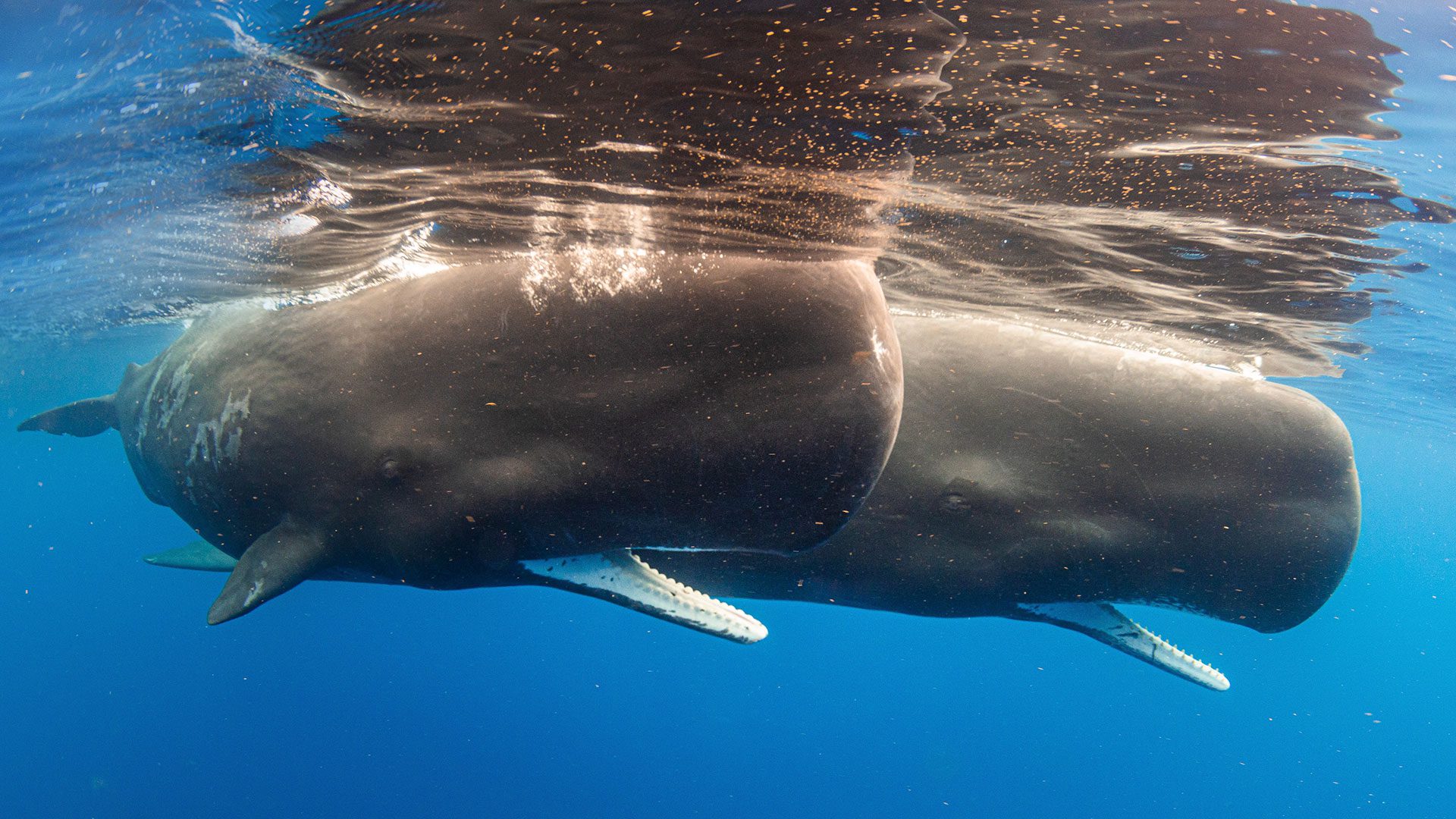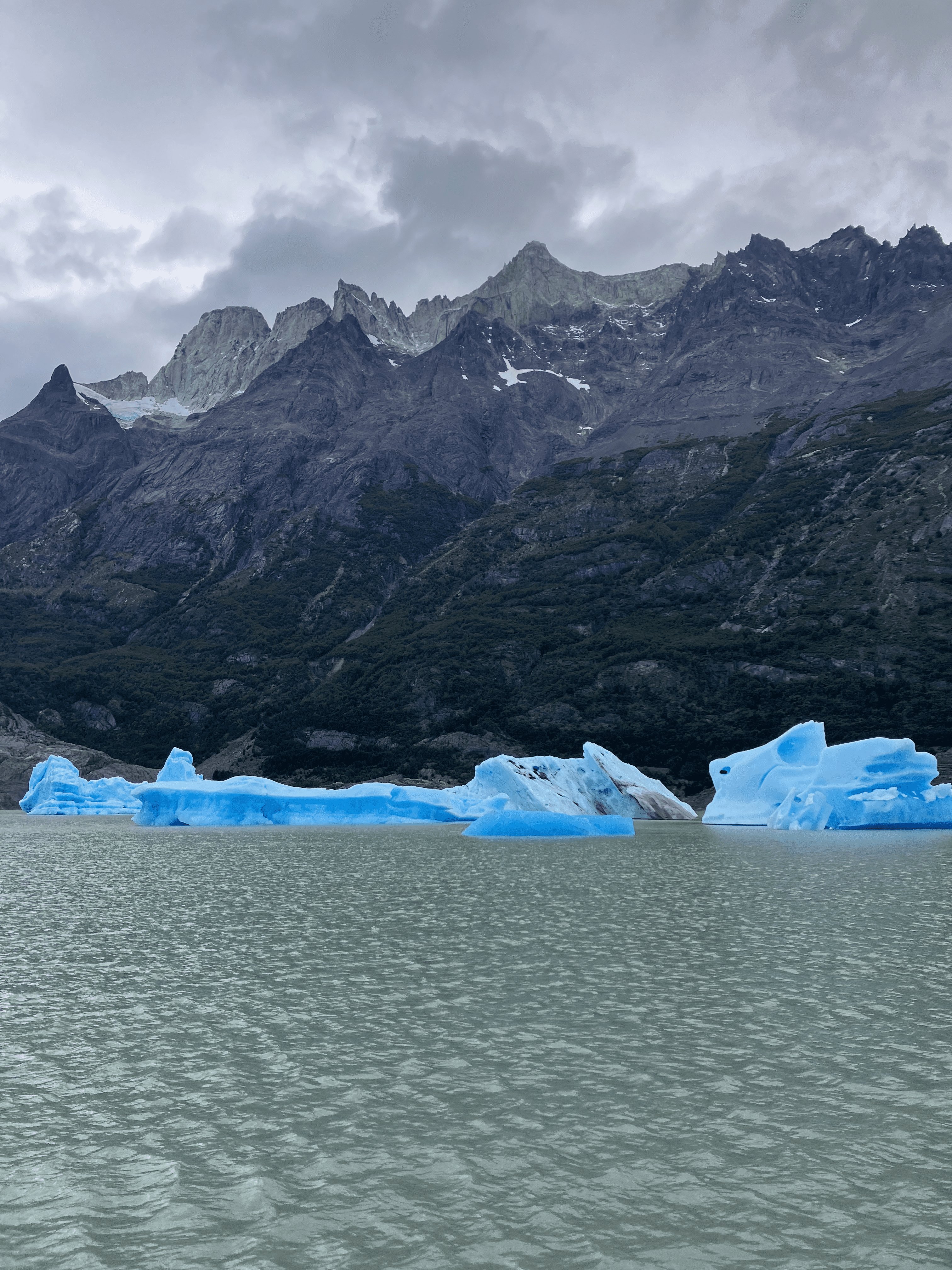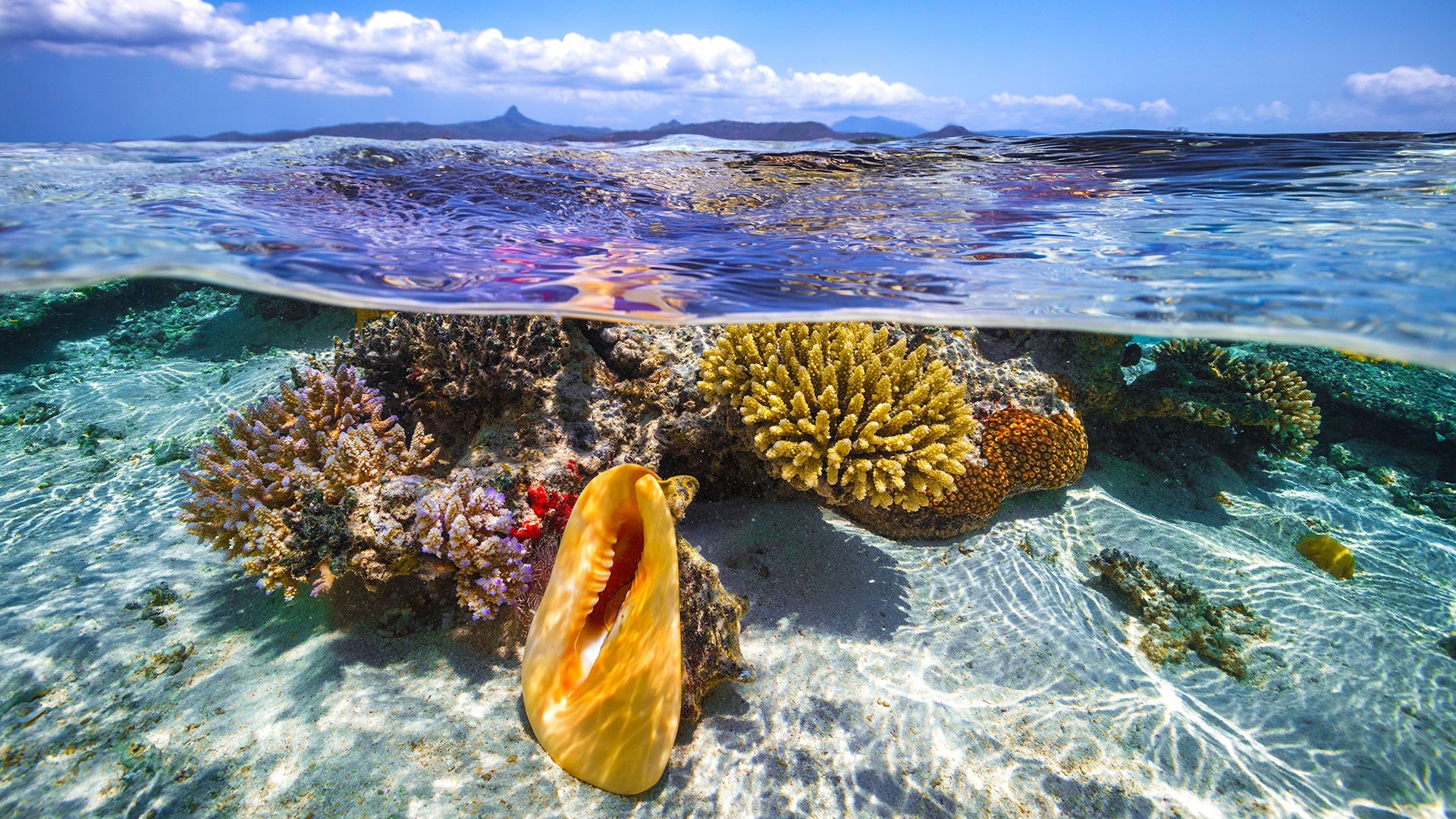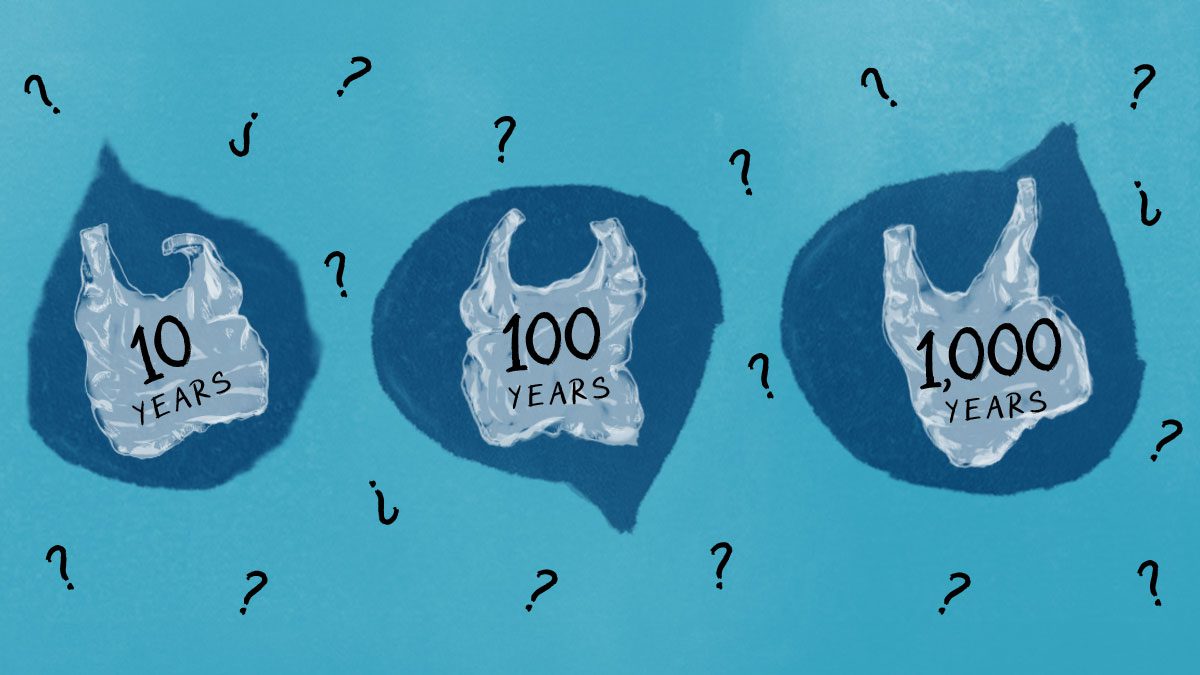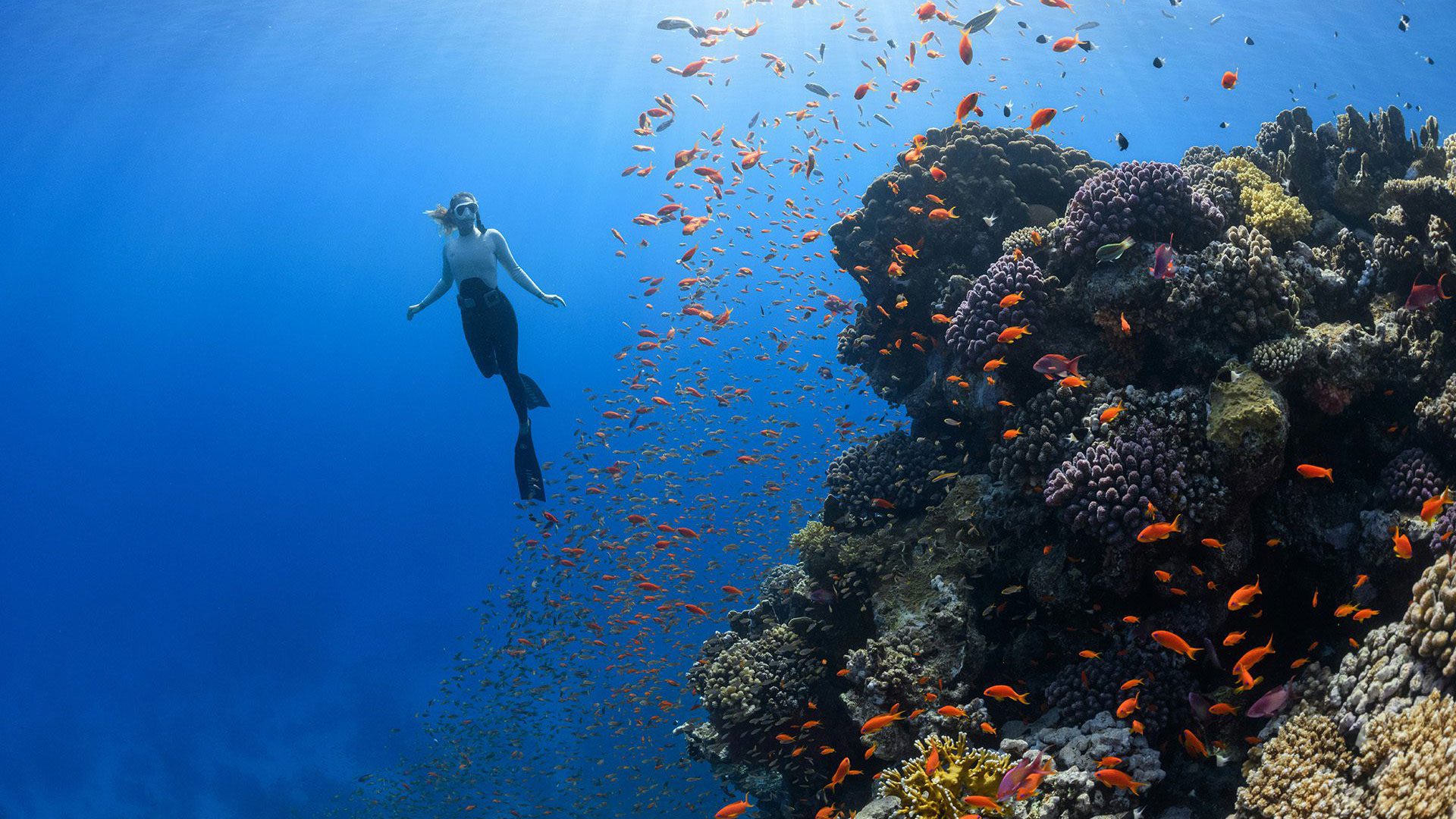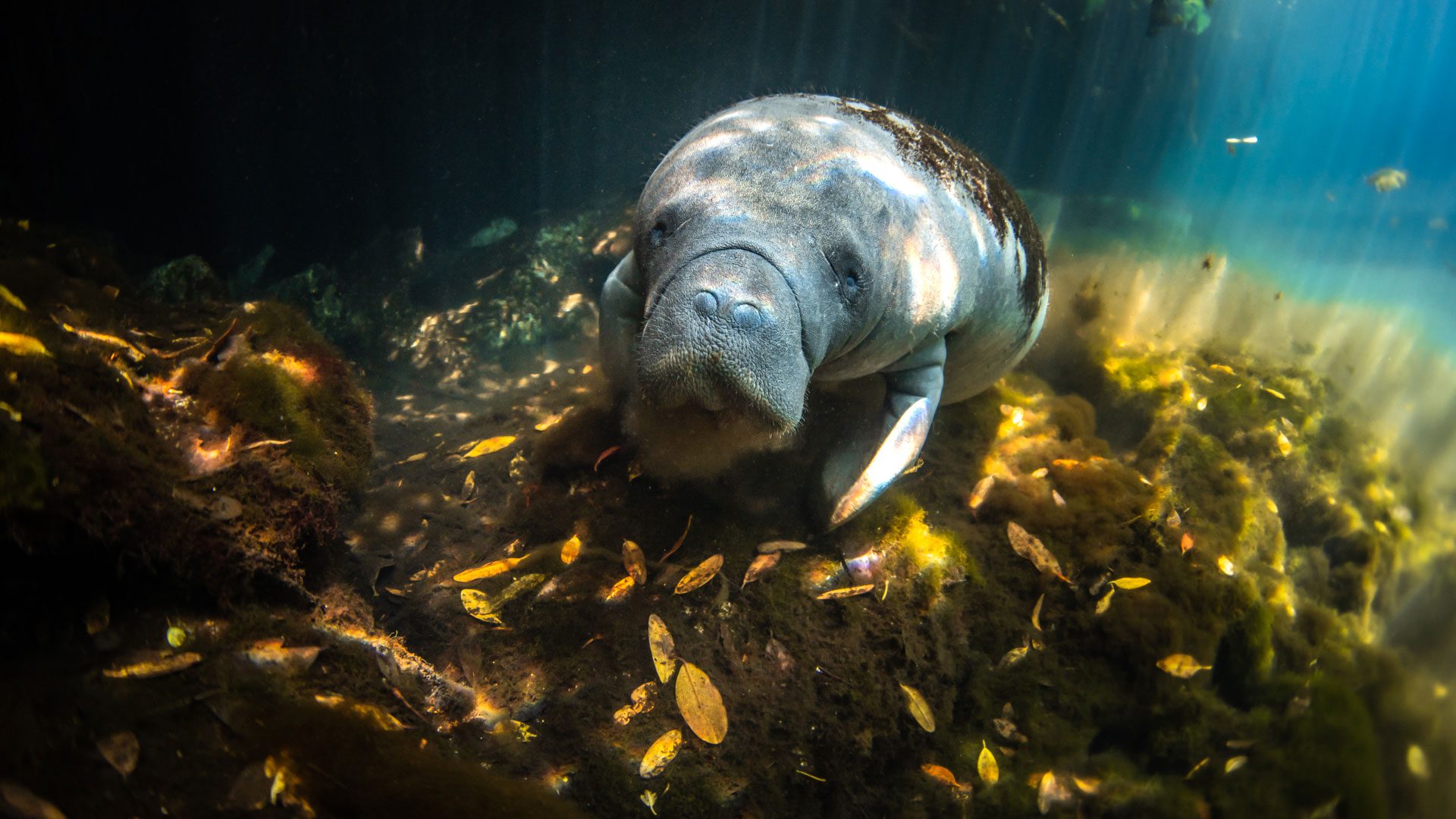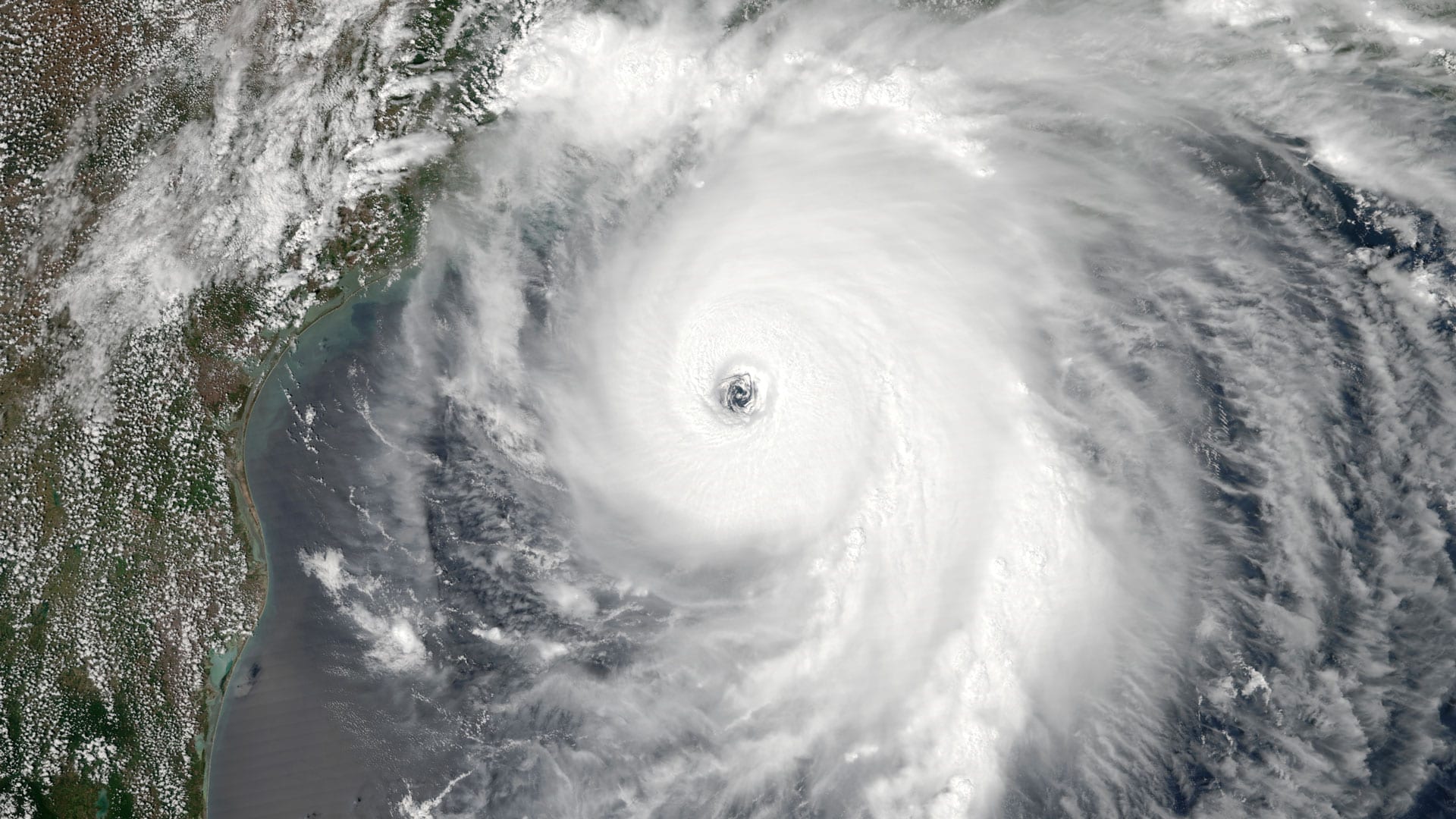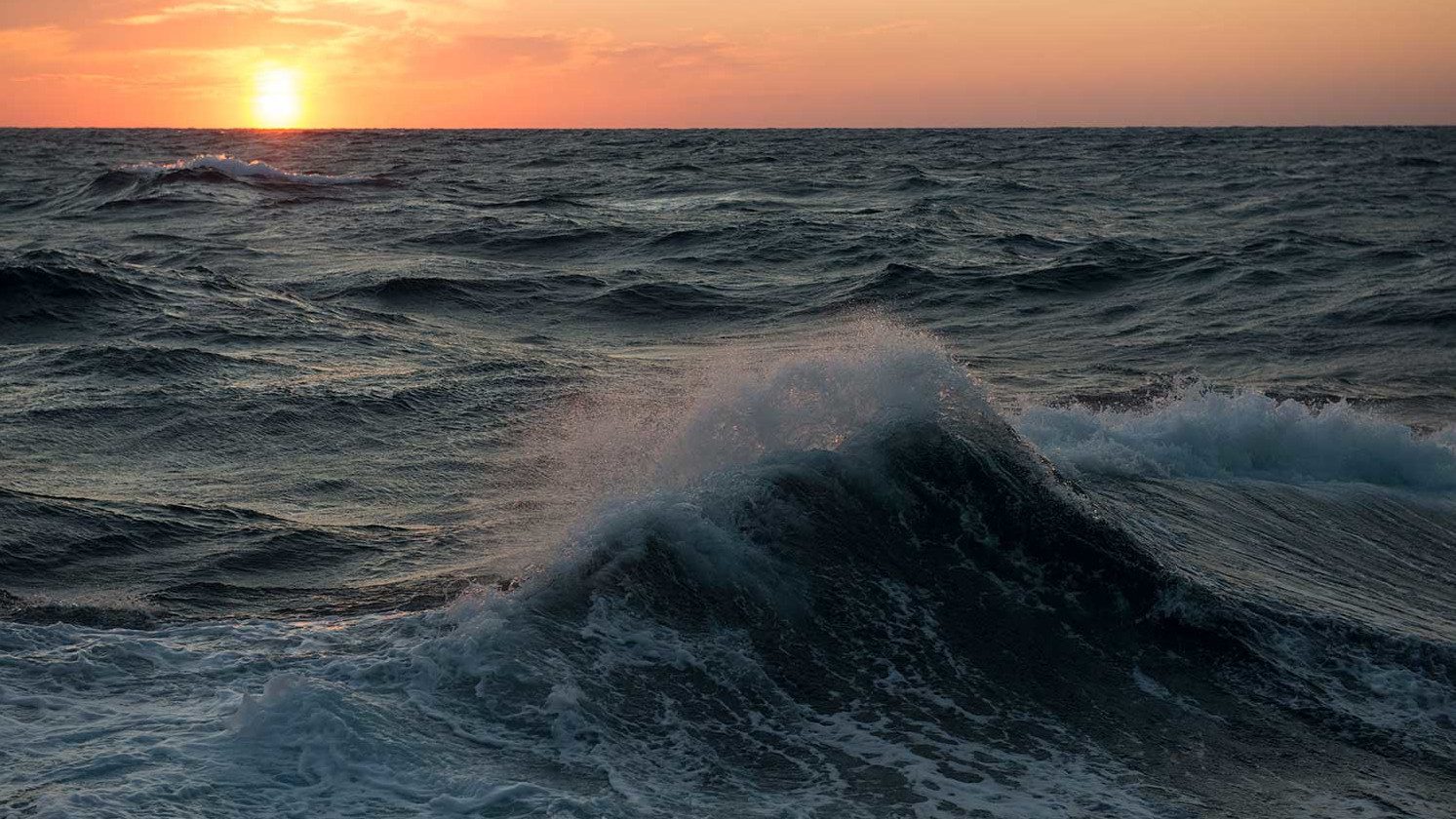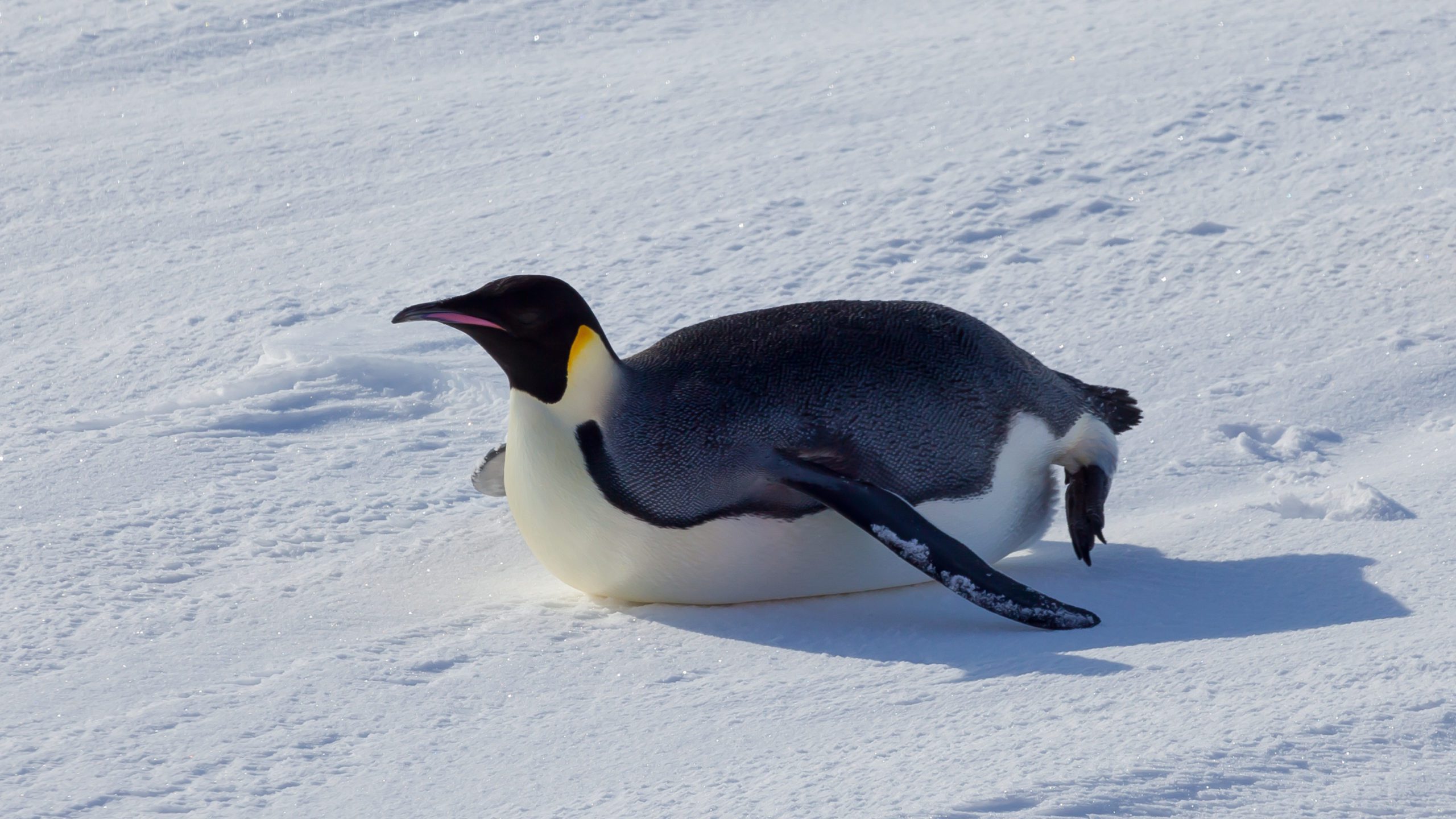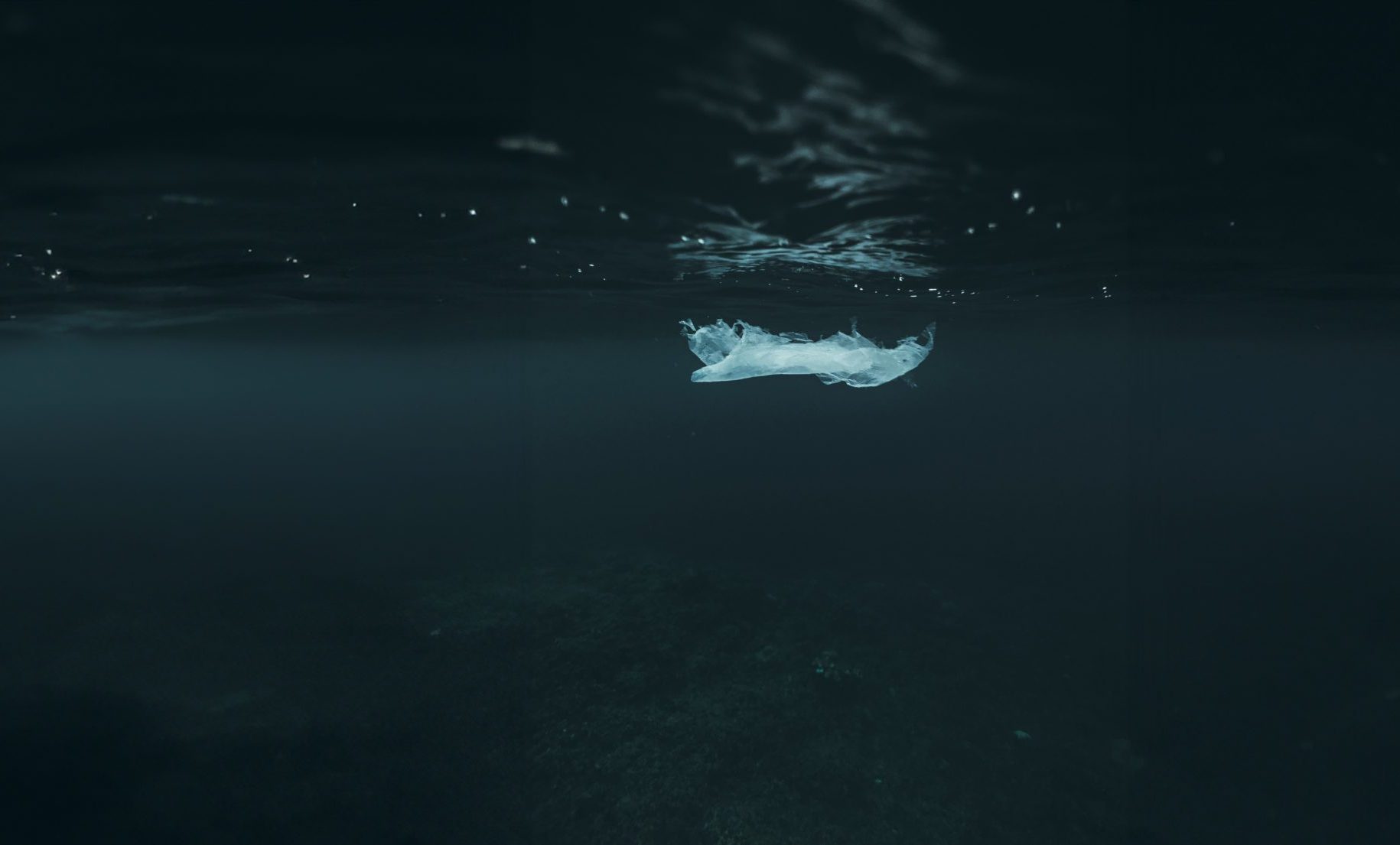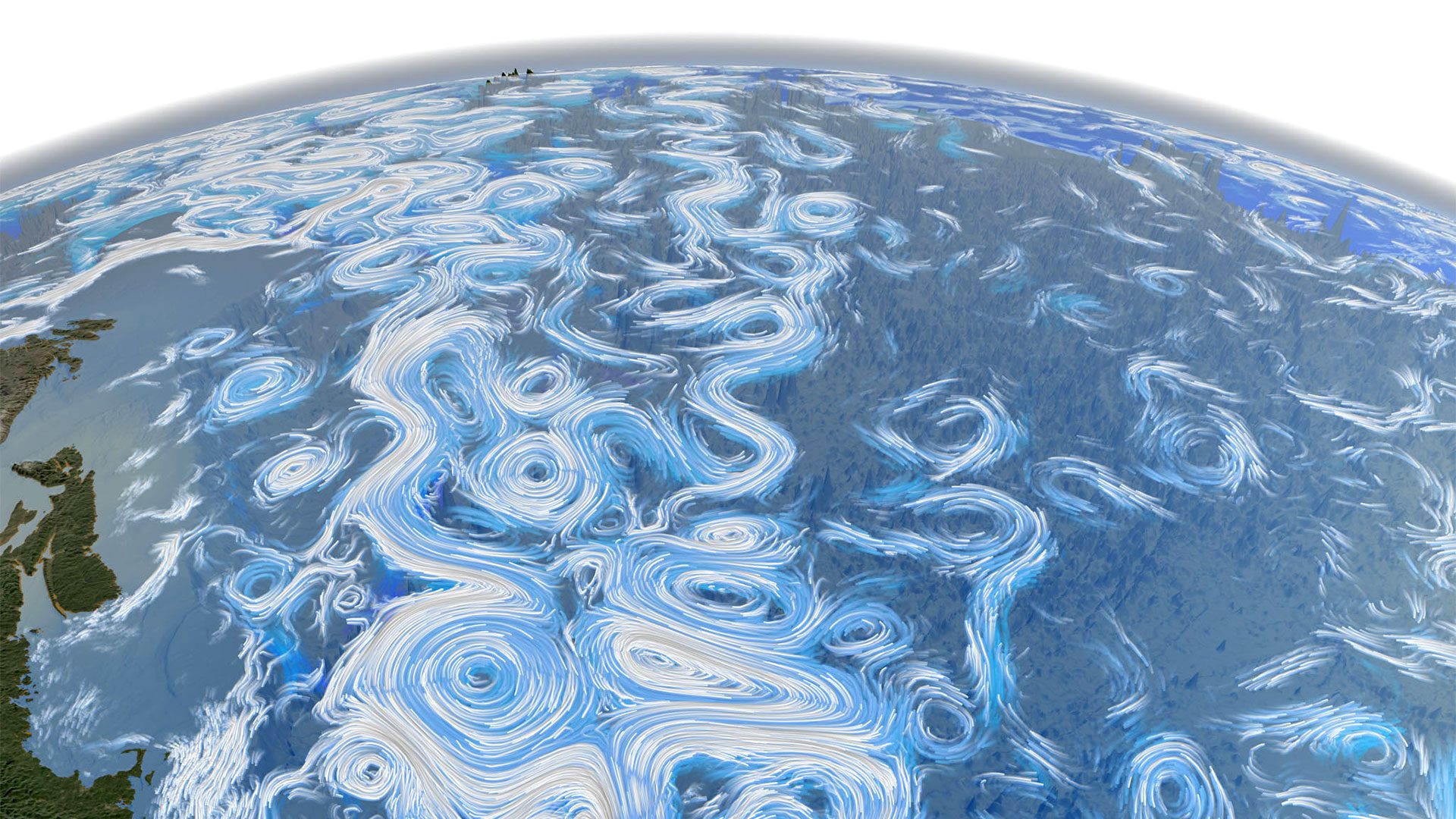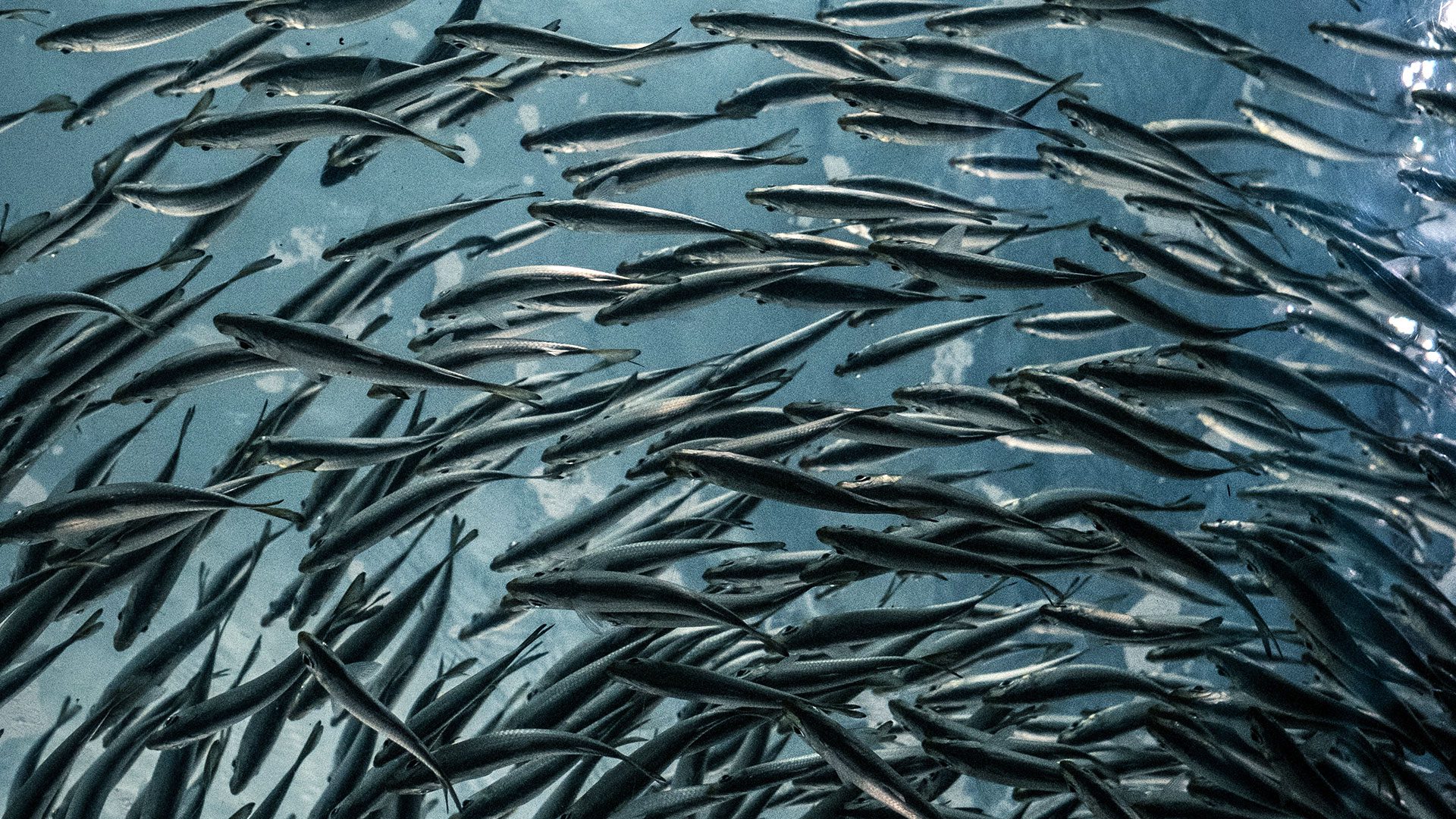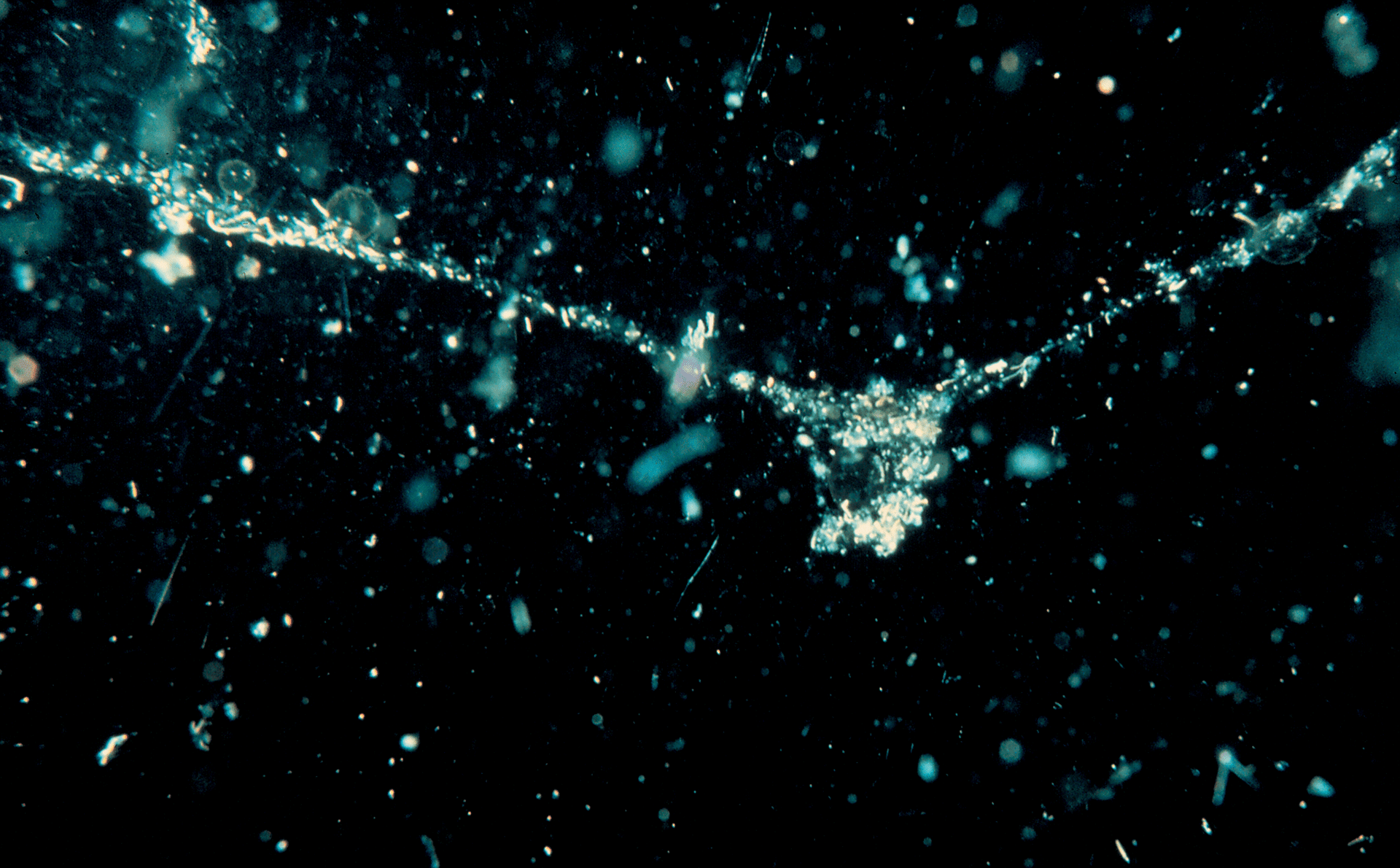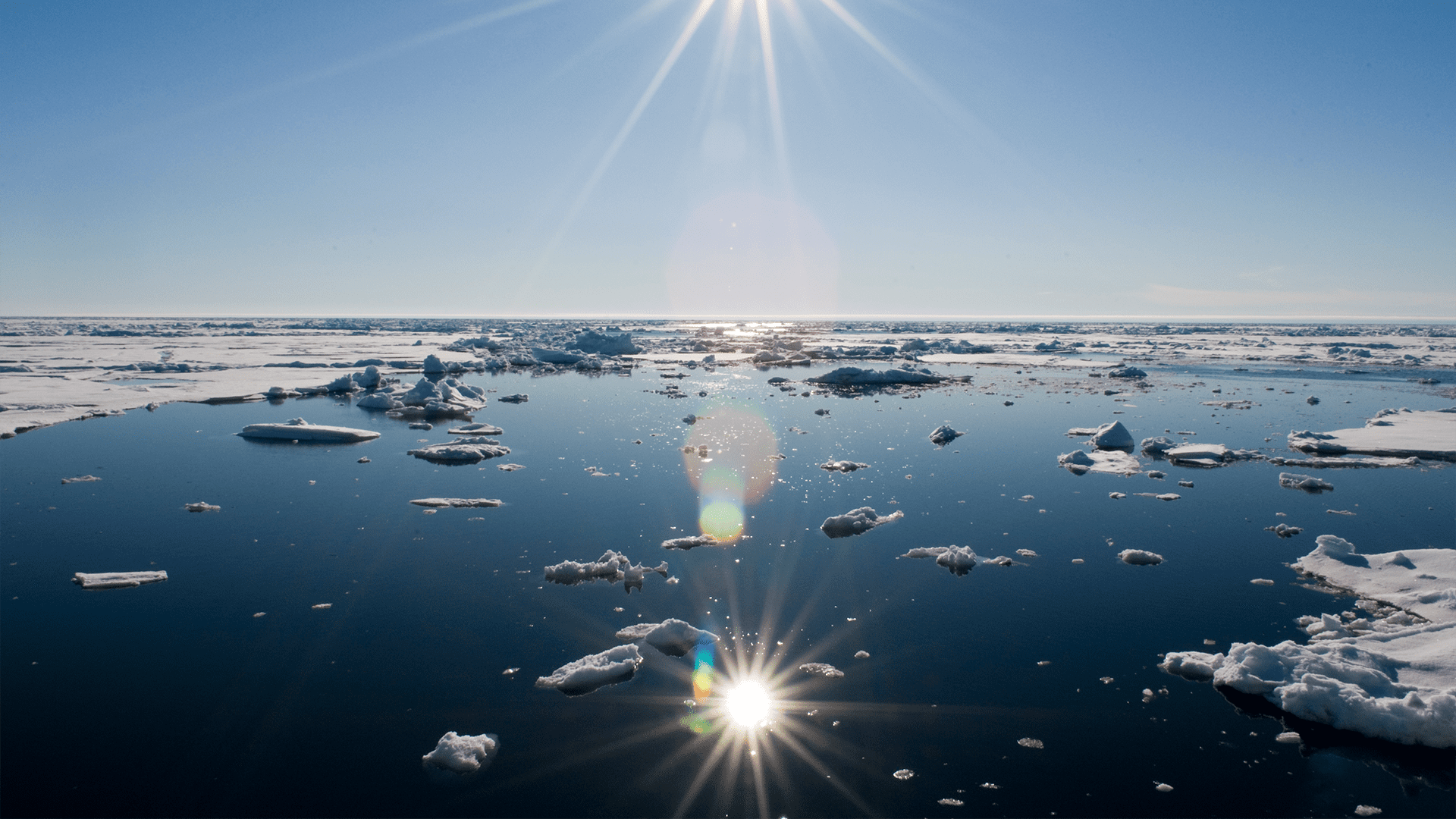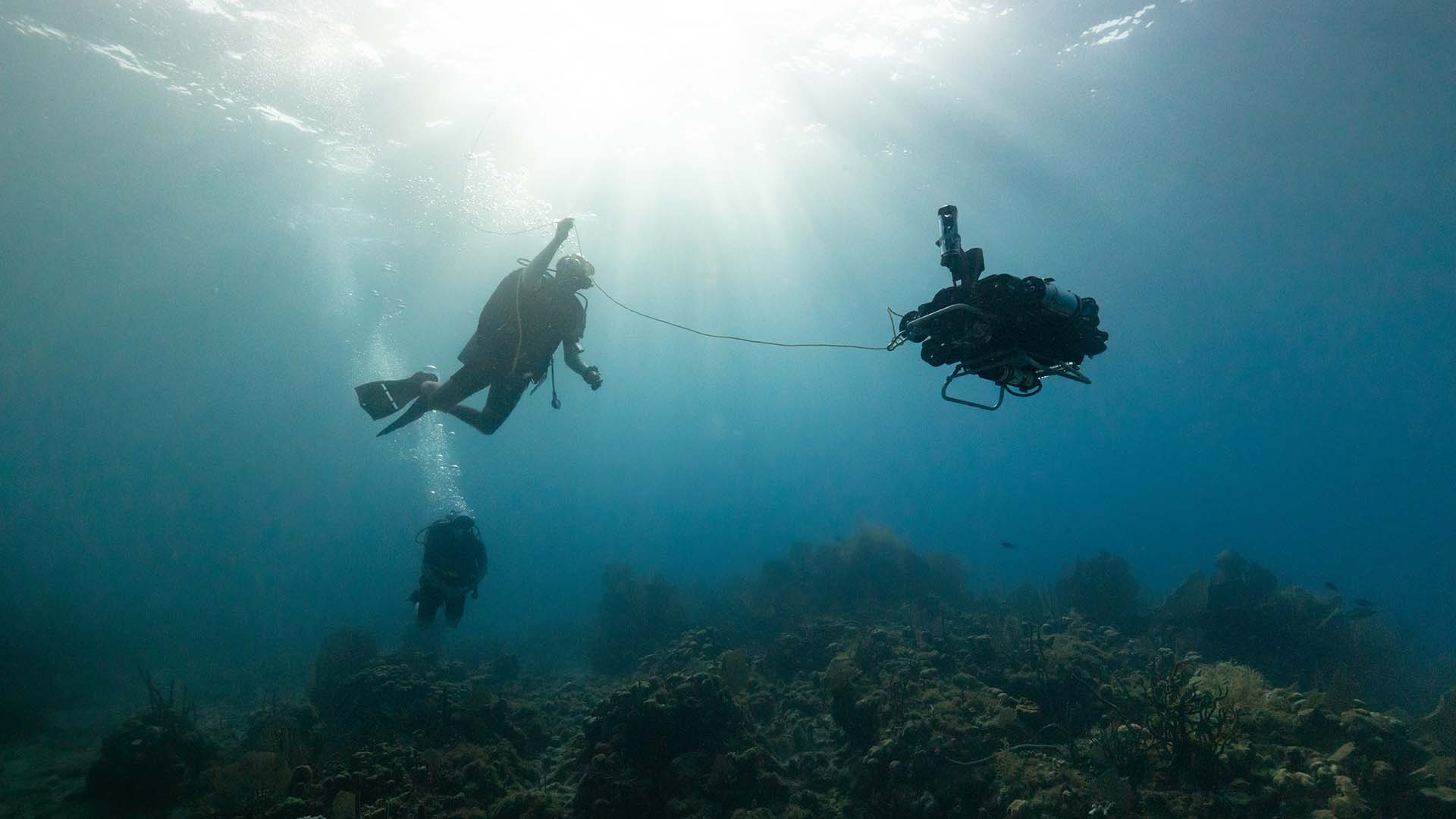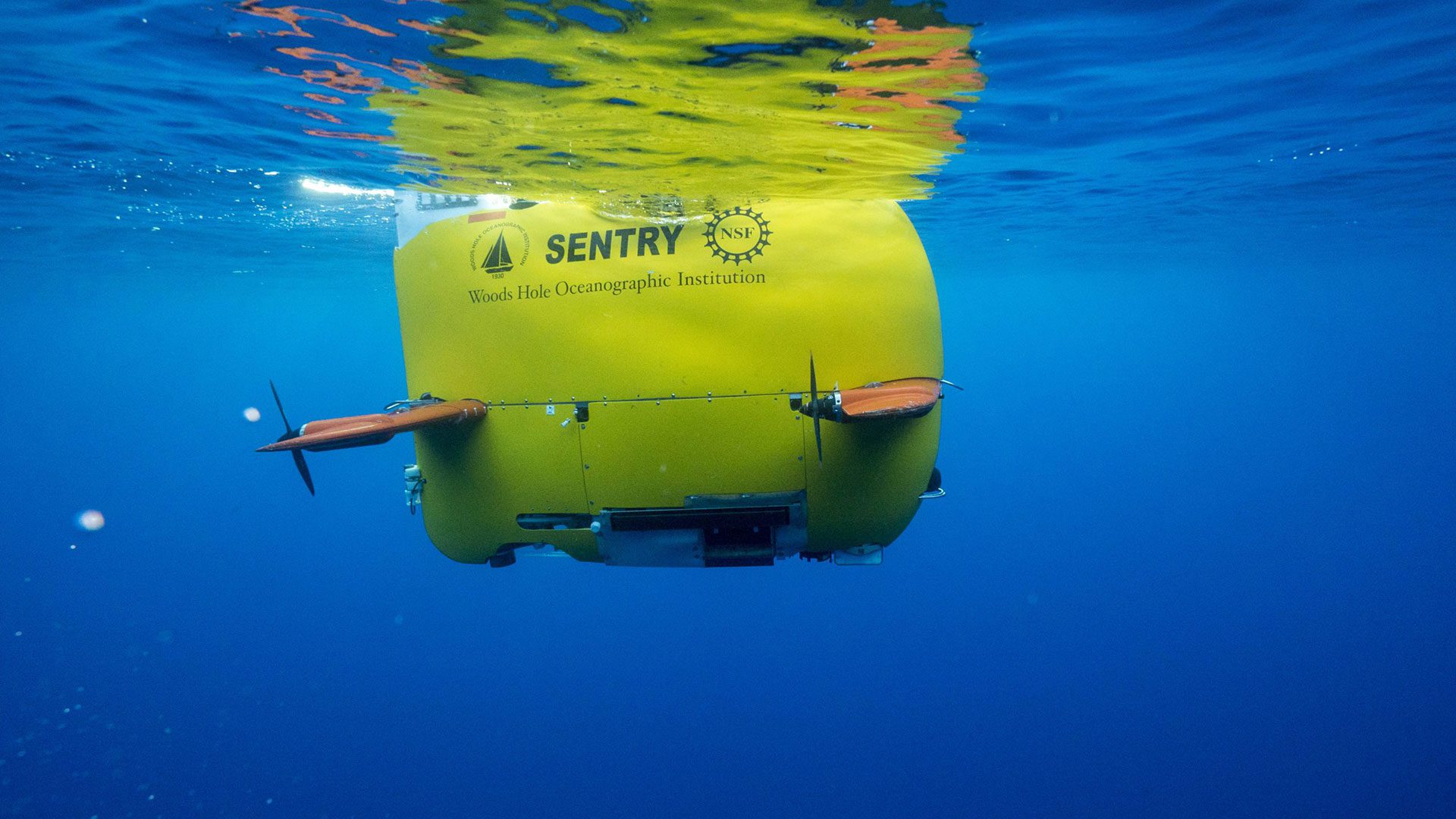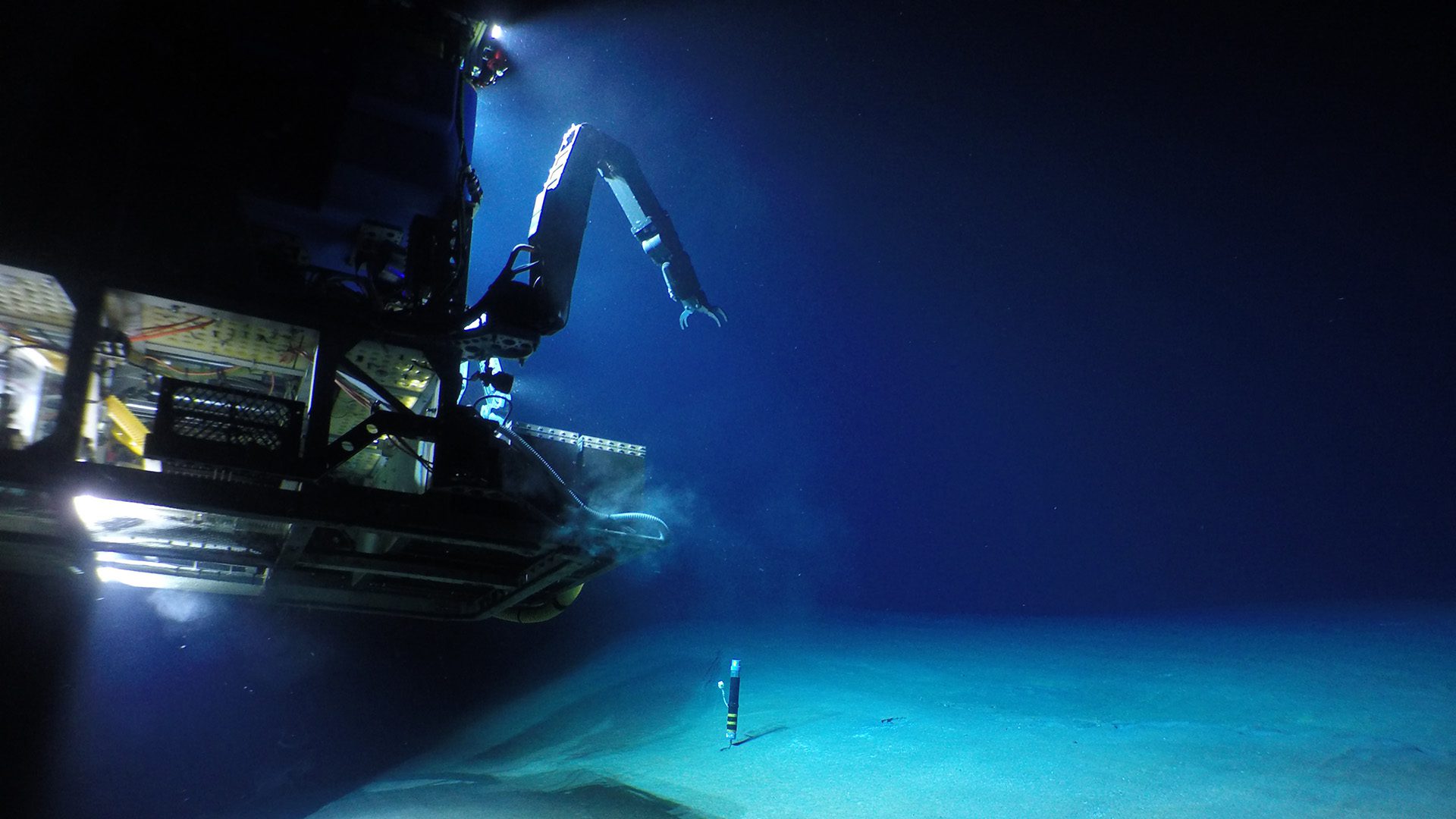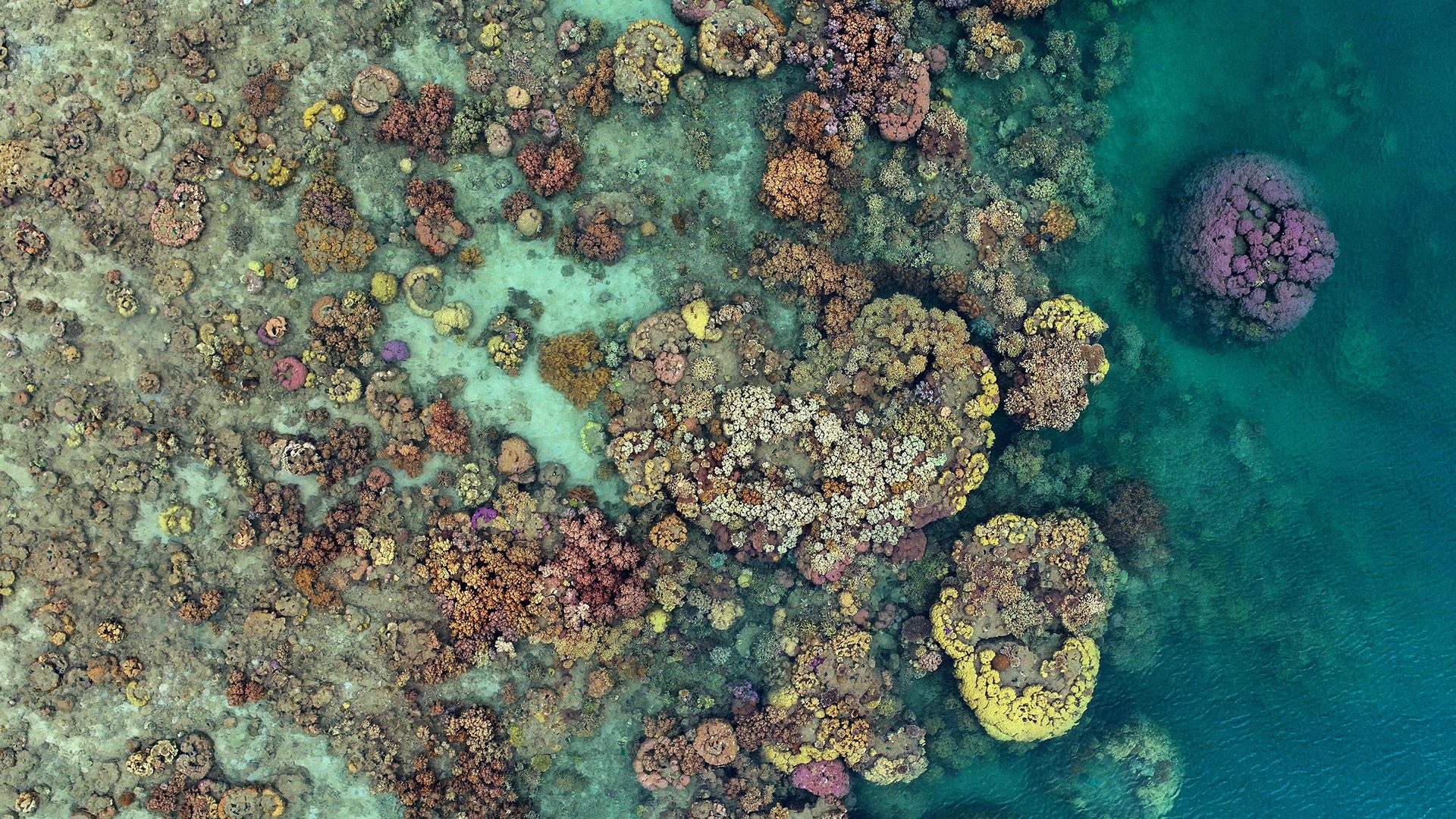Uncategorized
How do marine animals hear?
Sound travels faster and farther in water than air, helping marine animals like whales, corals, and crabs navigate, communicate, and survive by detecting and responding to underwater acoustic signals.
Read MoreAssistant Scientist Svenja Ryan Visiting Kiel, Germany on a Research Fellowship by the Alexander von Humboldt Foundation
MIT/WHOI JP Students and WHOI Scientists take part in Geodynamics Seminar Program in Patagonia
Icebergs in Lago Grey (Grey Lake). In the background are the forests of the Sendero Refugio Paine and further back are the peaks of Cerro Paine Grande…
Read MoreCan probiotics make coral reefs healthier?
Just as humans use probiotics to prevent sickness and promote better health, the Reef Solutions team at WHOI is trying to determine if a naturally-occurring probiotic in the ocean—a bacteria known as Synechococcus—can offer similar benefits to corals.
Read MoreDoes plastic last for thousands of years in the environment?
Plastic pollution is a serious-and growing-environmental problem, with millions of tons of bags, bottles, fishing gear and more piling up on land and floating out to sea.
Read MoreDoes plastic last for thousands of years in the environment?
Plastic pollution is a serious-and growing-environmental problem, with millions of tons of bags, bottles, fishing gear and more piling up on land and floating out to sea.
Read MoreWhy is the ocean vital for our survival?
Without the ocean, life as we know it wouldn’t be possible.
Read MoreHow do manatees stay hydrated?
Marine mammals need to hydrate—even in the saltiest of seas. Here’s how manatees stay fresh wherever they go.
Read MoreWhat happens in the ocean as a hurricane passes over?
Hurricanes are powerful storms that cause massive damage on land. Here’s a look at what happens below the surface during a storm.
Read MoreAre offshore wind farms harming whales?
A collection of seemingly grass-roots organizations claim that offshore wind projects are responsible for an uptick in whale deaths. But there’s no evidence to support their claims. Whales have been…
Read MoreAre offshore wind farms harming whales?
A collection of seemingly grass-roots organizations claim that offshore wind projects are responsible for an uptick in whale deaths. But there’s no evidence to support their claims. Whales have been…
Read MoreWhat is a marine heatwave?
From waning winds to warmer atmospheres, here is the recipe for sudden temperature spikes in our ocean
Read MoreWhy do emperor penguins toboggan?
Learn why Emperor penguins slide around on their bellies or “toboggan” when they’re on the move in Antarctica.
Read MoreHow deep do marine plastics go?
Learn how plastic pollution pervades the ocean, from surface debris to deep-sea trenches. With 390 million tons produced annually, plastic poses a significant threat, impacting marine ecosystems and organisms.
Read MoreWill the Gulf Stream really shut down?
Recent news headlines suggest the Gulf Stream current could shut down in just a few years—or perhaps a few decades—bringing about a catastrophic change in global climate.
Read MoreWill the Gulf Stream really shut down?
Recent news headlines suggest the Gulf Stream current could shut down in just a few years—or perhaps a few decades—bringing about a catastrophic change in global climate.
Read MoreHow does ocean warming affect fisheries?
The ocean has absorbed 93% of excess heat from human activities, raising its temperature by 1.5°F since 1901. Warming oceans impact fish migration, leading to conflicts and overfishing.
Read MoreWhere does all the carbon go?
Explore the ocean’s critical role in carbon sequestration and how it could be a pathway to mitigate climate change.
Read MoreIt’s always freezing in the Arctic. Or is it?
WHOI experts dig into a popular misconception that the Arctic is always frigid.
Read MoreIt’s always freezing in the Arctic. Or is it?
WHOI experts dig into a popular misconception that the Arctic is always frigid.
Read MoreCan AI help us explore the ocean?
Learn how scientists at WHOI are using AI, like the software “Spock,” to enable autonomous underwater robots, such as Nereid Under Ice and CUREE, to study marine life and explore ocean environments.
Read MoreWhat are ocean robots?
From the icy poles to sensitive coral reefs, robots empower us to understand more of the ocean than ever before. But just what are they?
Read MoreHow do ocean robots take the pressure?
Find out how engineers build robots to withstand the crushing pressures of the deep sea
Read MoreIs the Great Barrier Reef making a comeback?
The world’s largest reef saw record growth after years of bleaching, but it’s not out of the woods yet
Read More
